On a narrow street tucked between Charleston’s up-and-coming design district and the Martin Luther King Memorial District is Harper Poe’s home studio. Lined with rows of historic single homes, some renovated to the tastes of a hip 20-somethings, others dilapidated and boarded up, the neighborhood appears to be in transition, just like Harper.
A textile designer with an intrepid spirit and affinity for indigenous materials, Harper is the owner and founder of Proud Mary, an international textile company. Going through a divorce, she looks outward for new inspiration – as far as West Africa, Central and South America. Sourcing textiles from native artisans, she travels solo to remote locations in order to connect with her suppliers, most of whom have never sold their products outside their own village.
As the sun set behind the black gospel church across the street, Harpers veranda steeped in the sweet, honey smell of Carolina Jasmine. We talked about her work, the South, and the eminence of change. She was just delving deep into her current state of transition when two boys with palm roses and cap guns summoned us to the street for a comedy skit. A tour of her block revealed stark contrasts between tradition and progress, rich and poor, old and new–themes the American South has grappled with since the Civil War. With a new generation of creative transplants like Harper, it’s clear that Charleston’s make-up is changing, morphing its Gone with the Wind image into something more liberal and forward-thinking.
This portrait is part of our ongoing collaboration withZEIT Onlinewho presents a special curation of our pictures on their site. Have a lookhere!
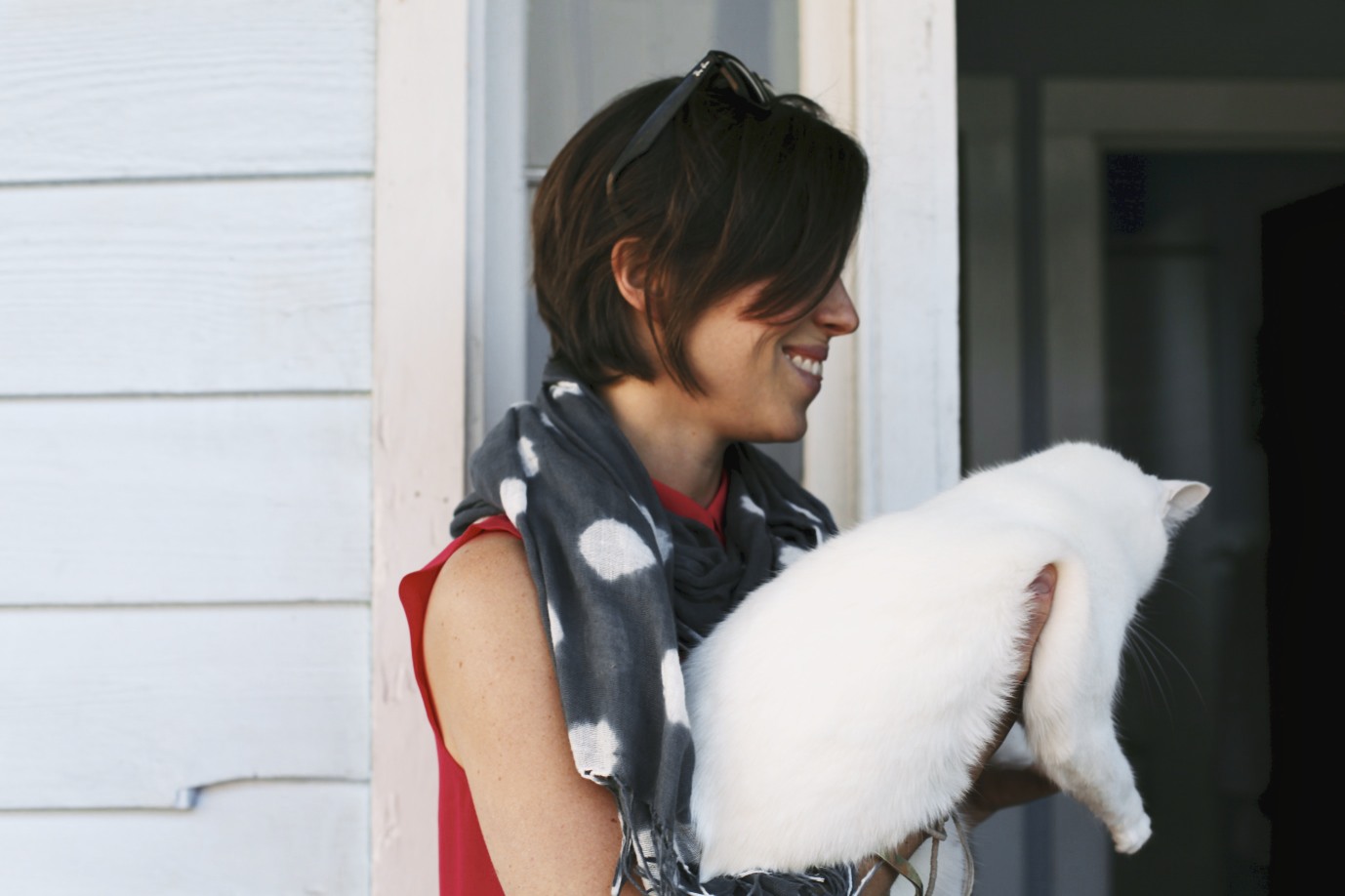
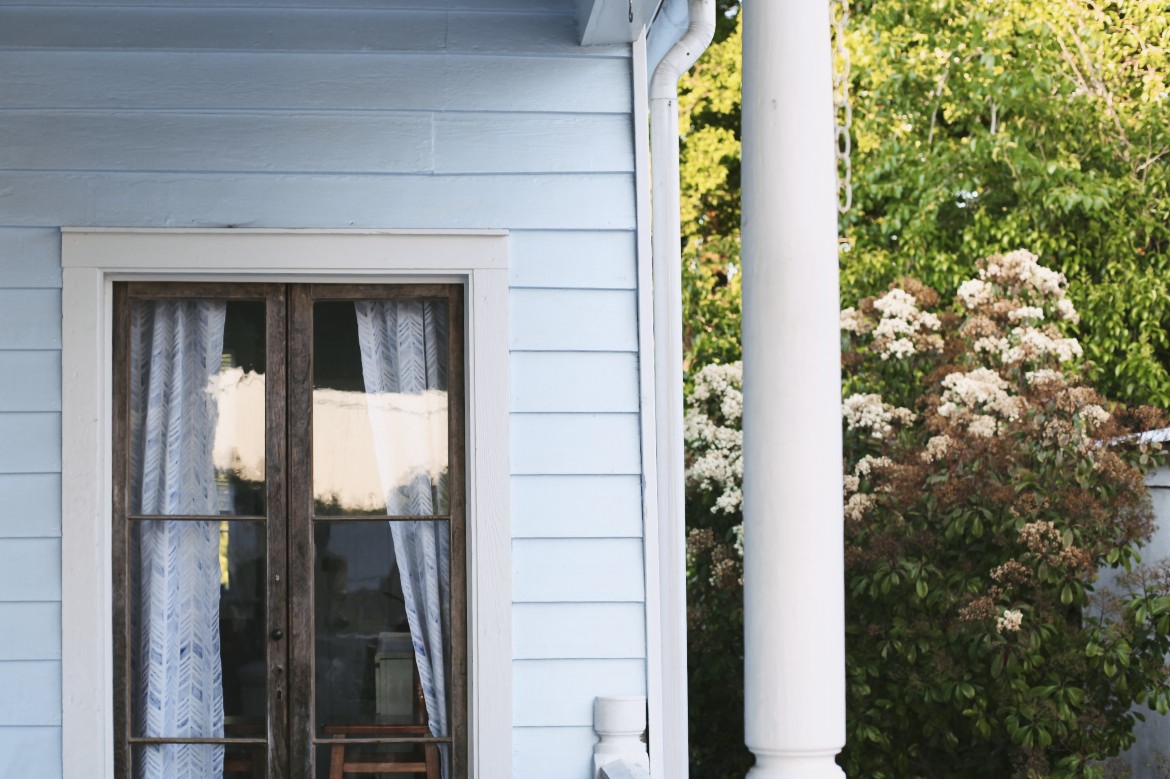
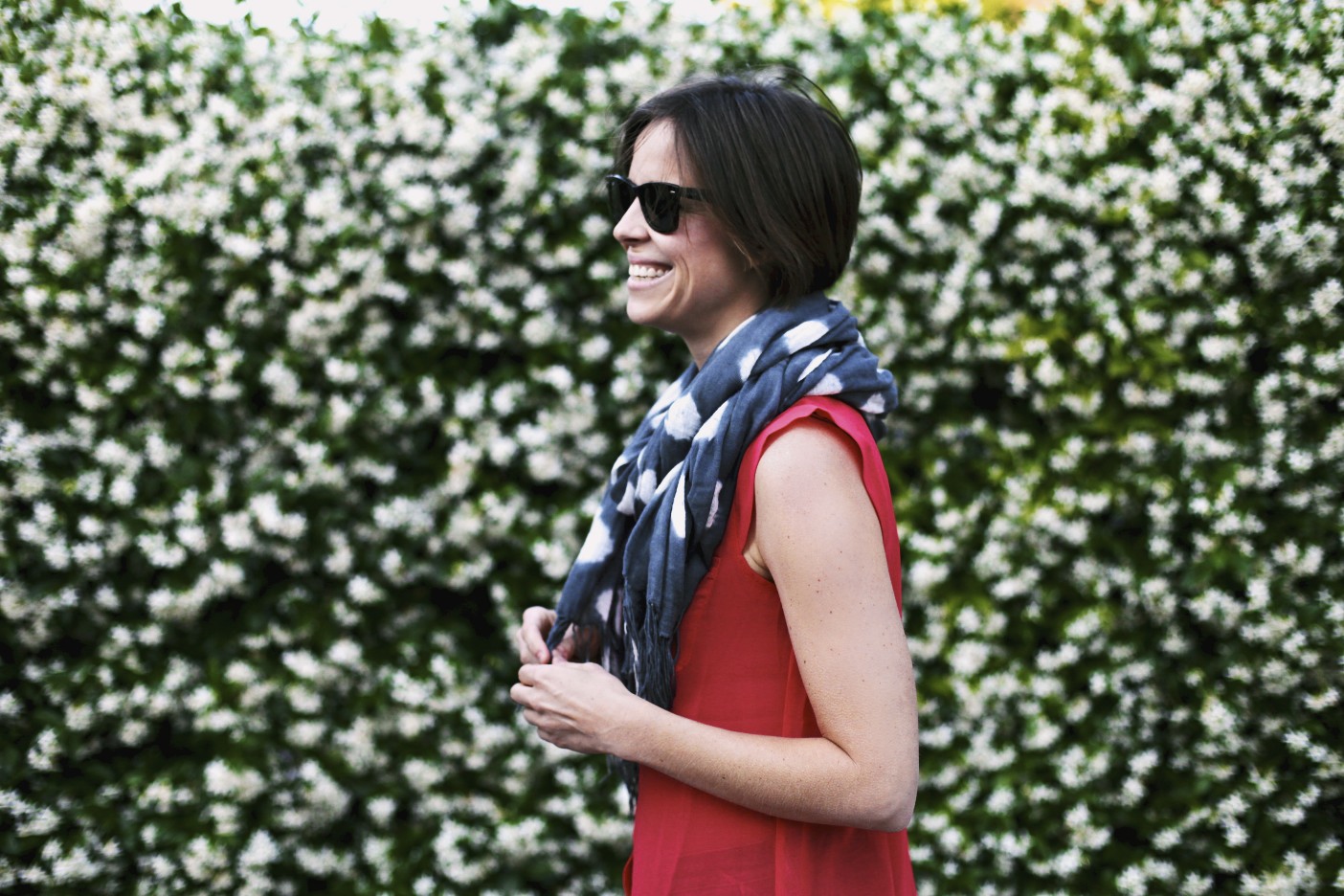
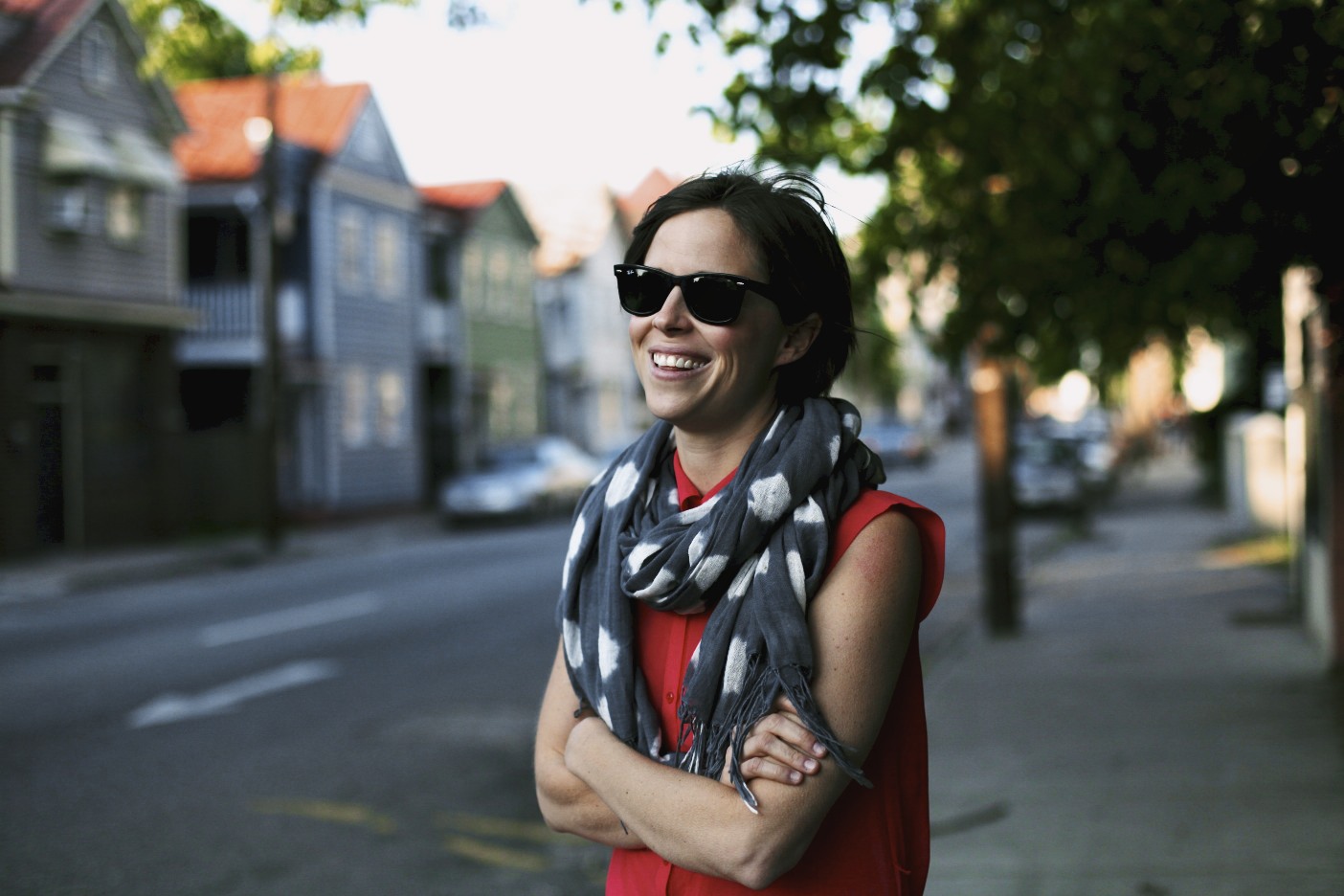
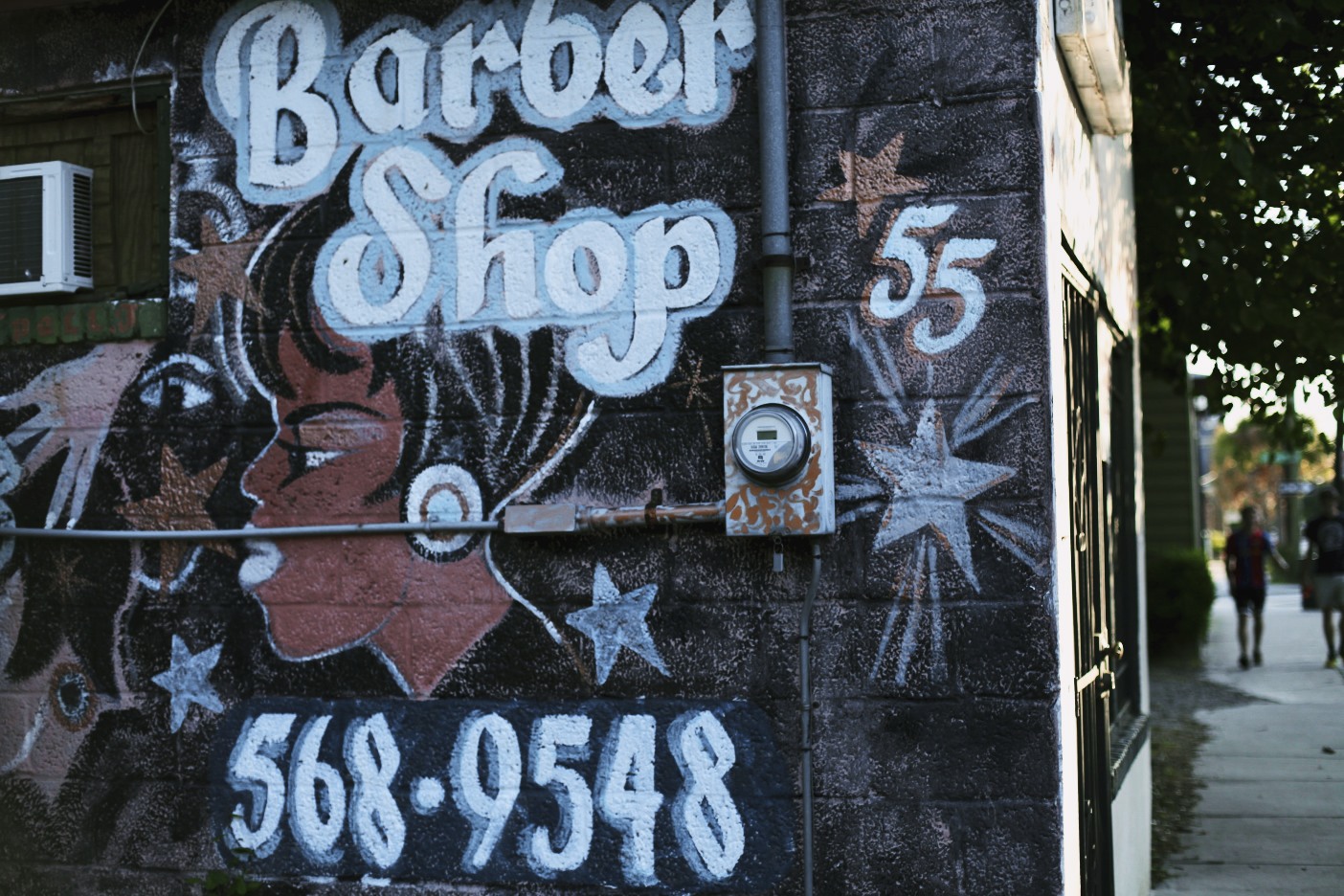
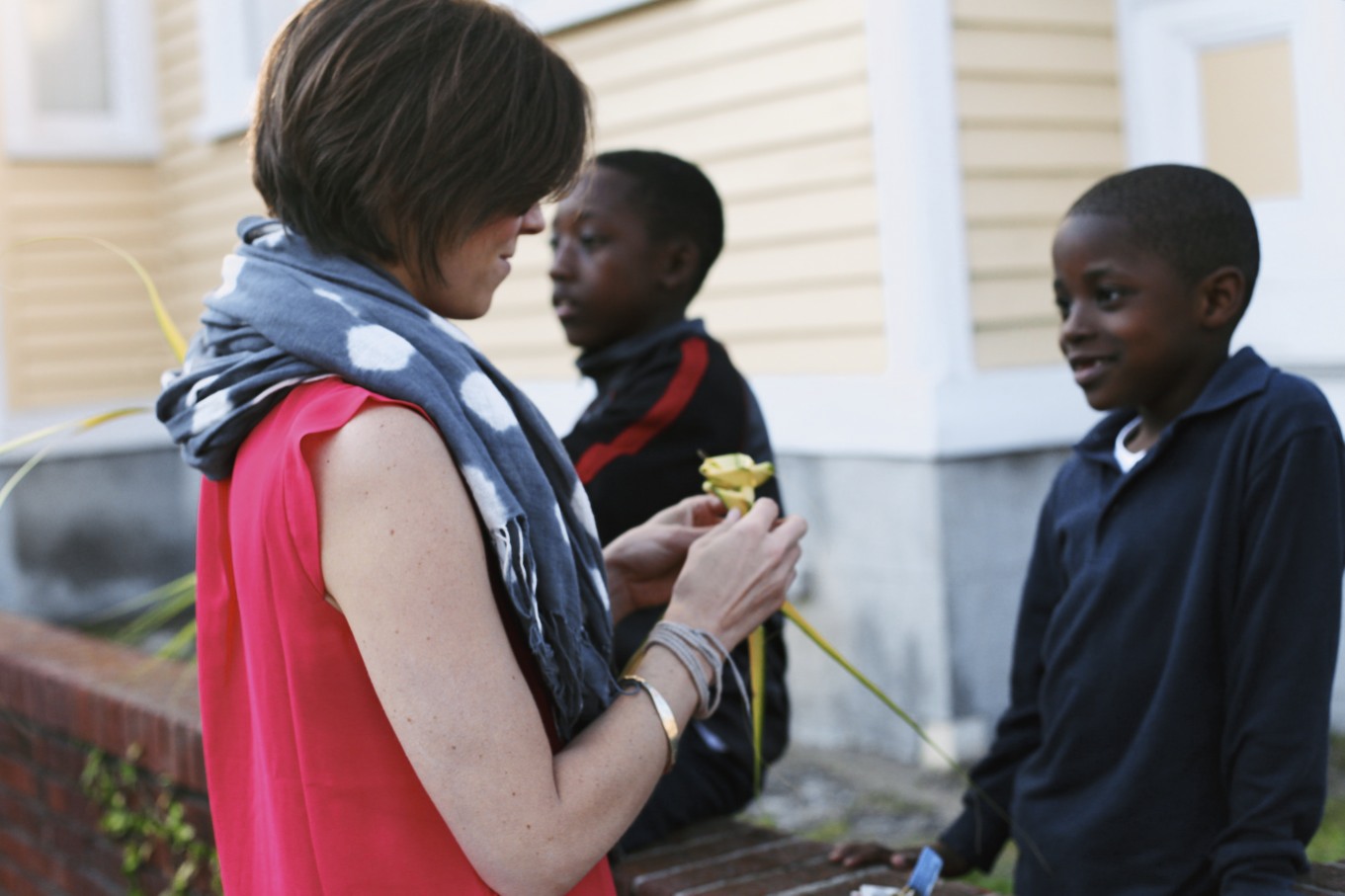
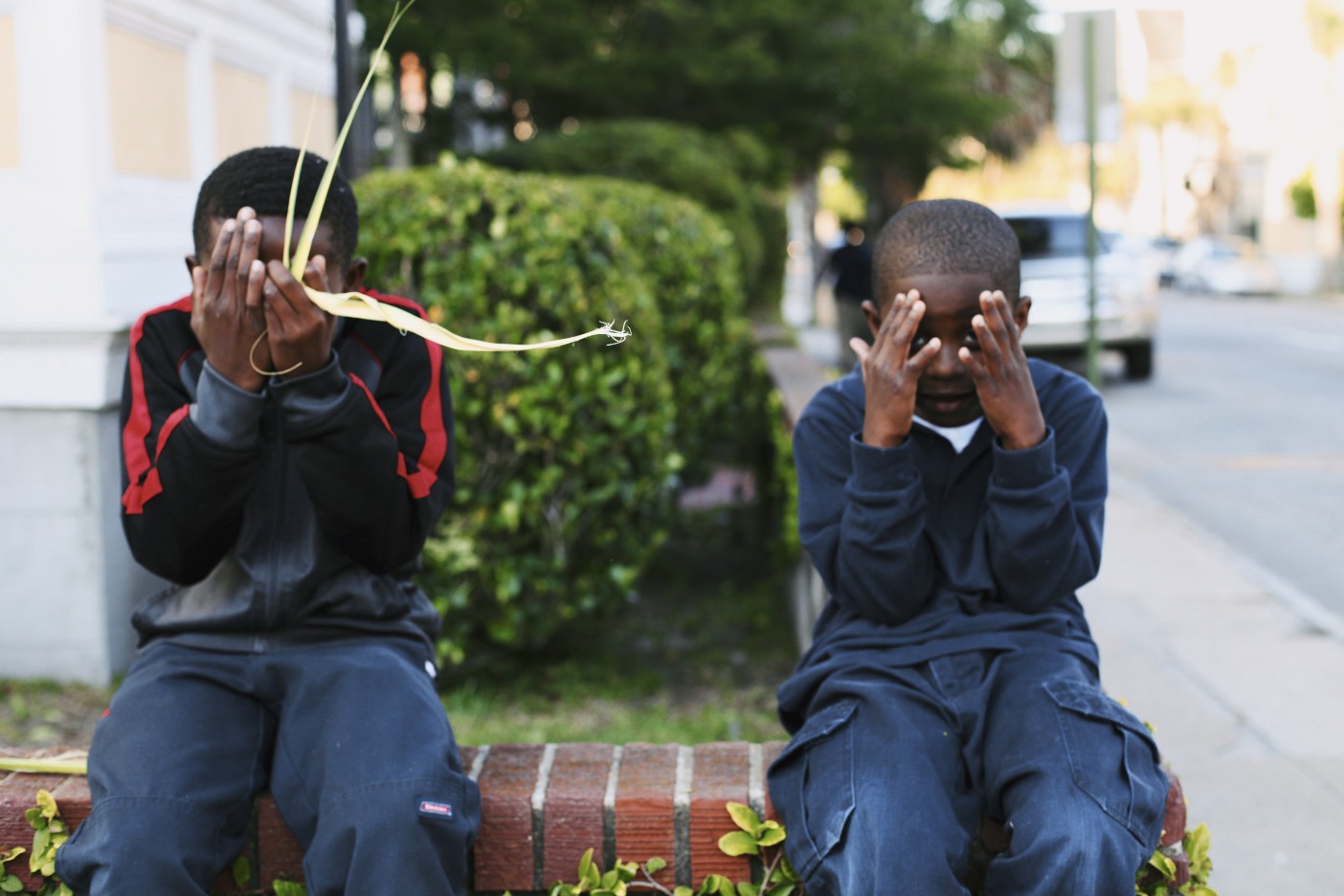
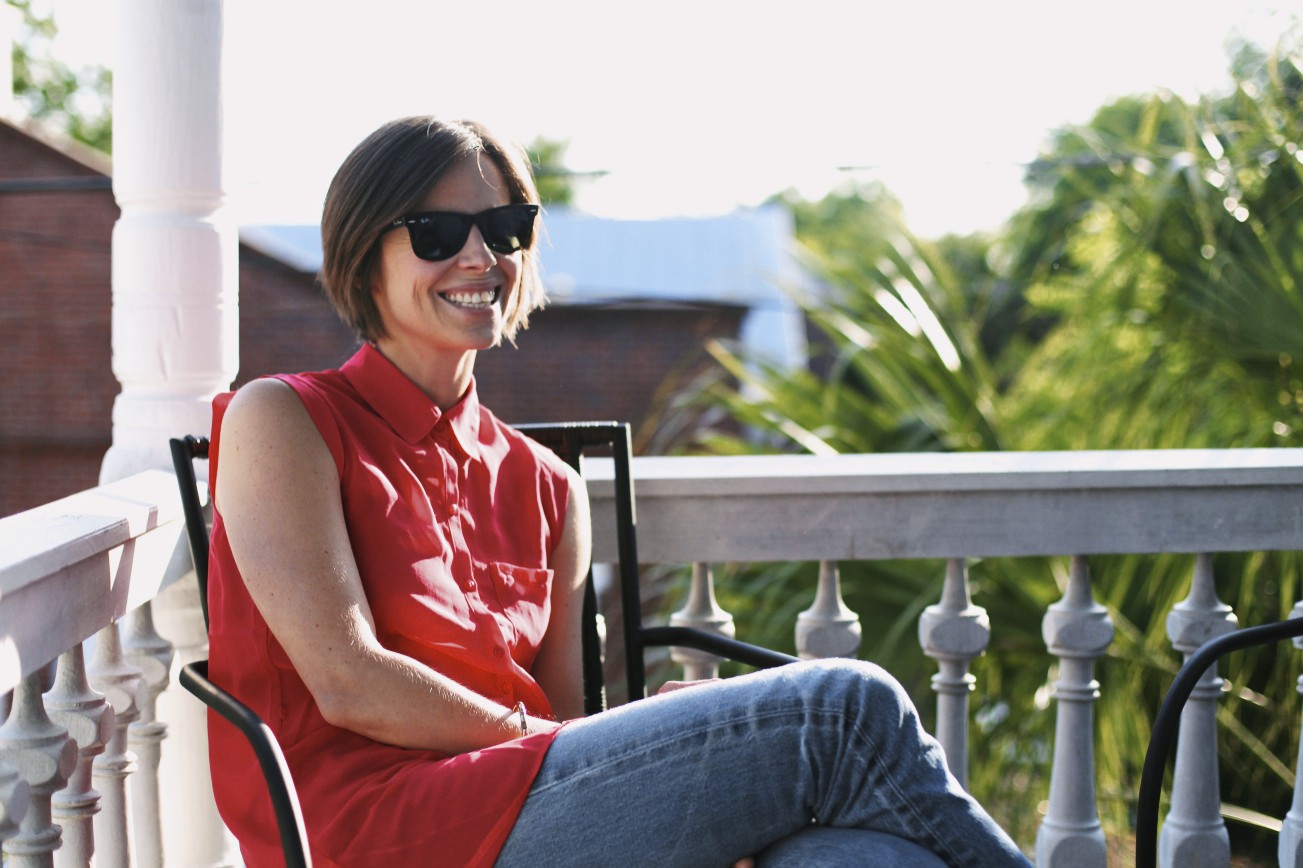
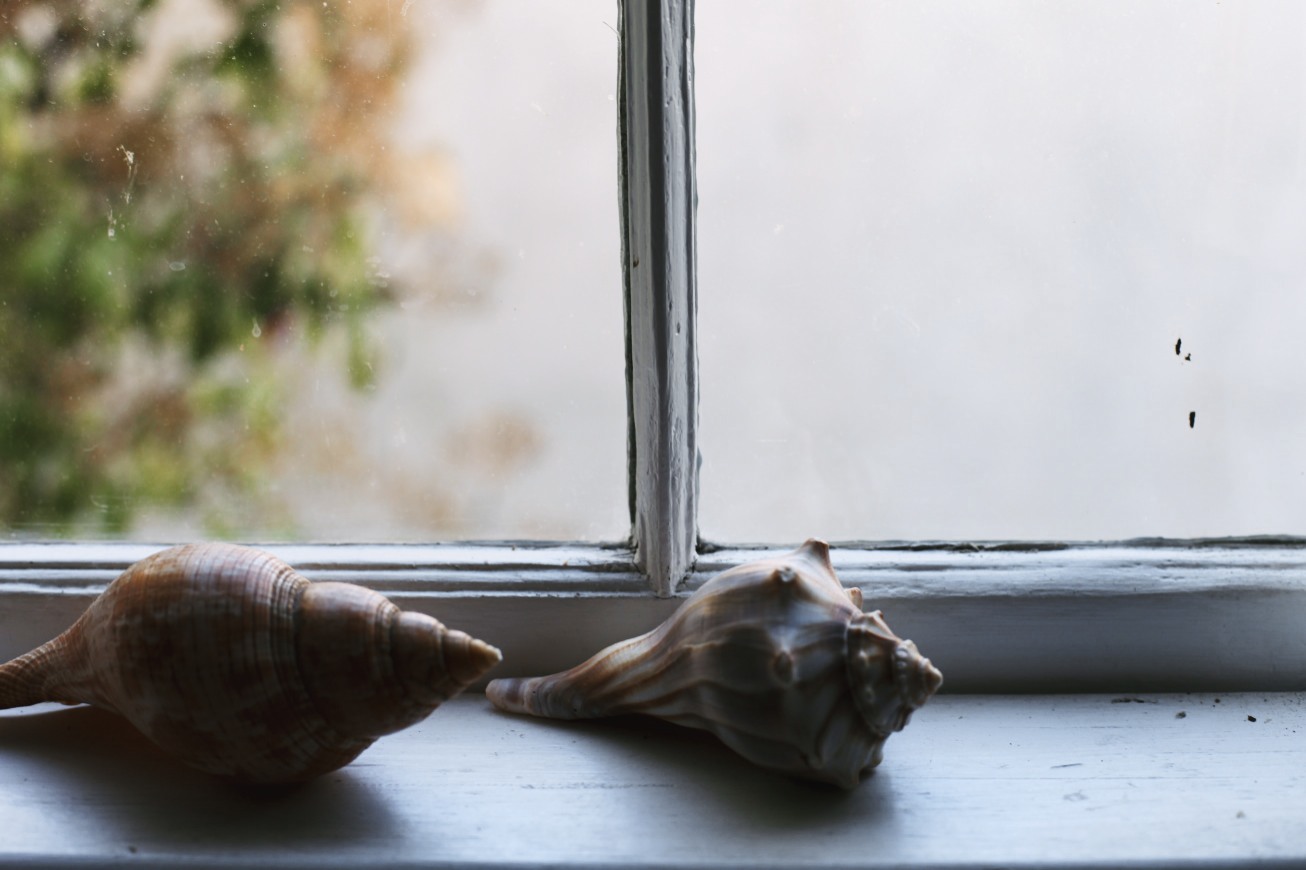
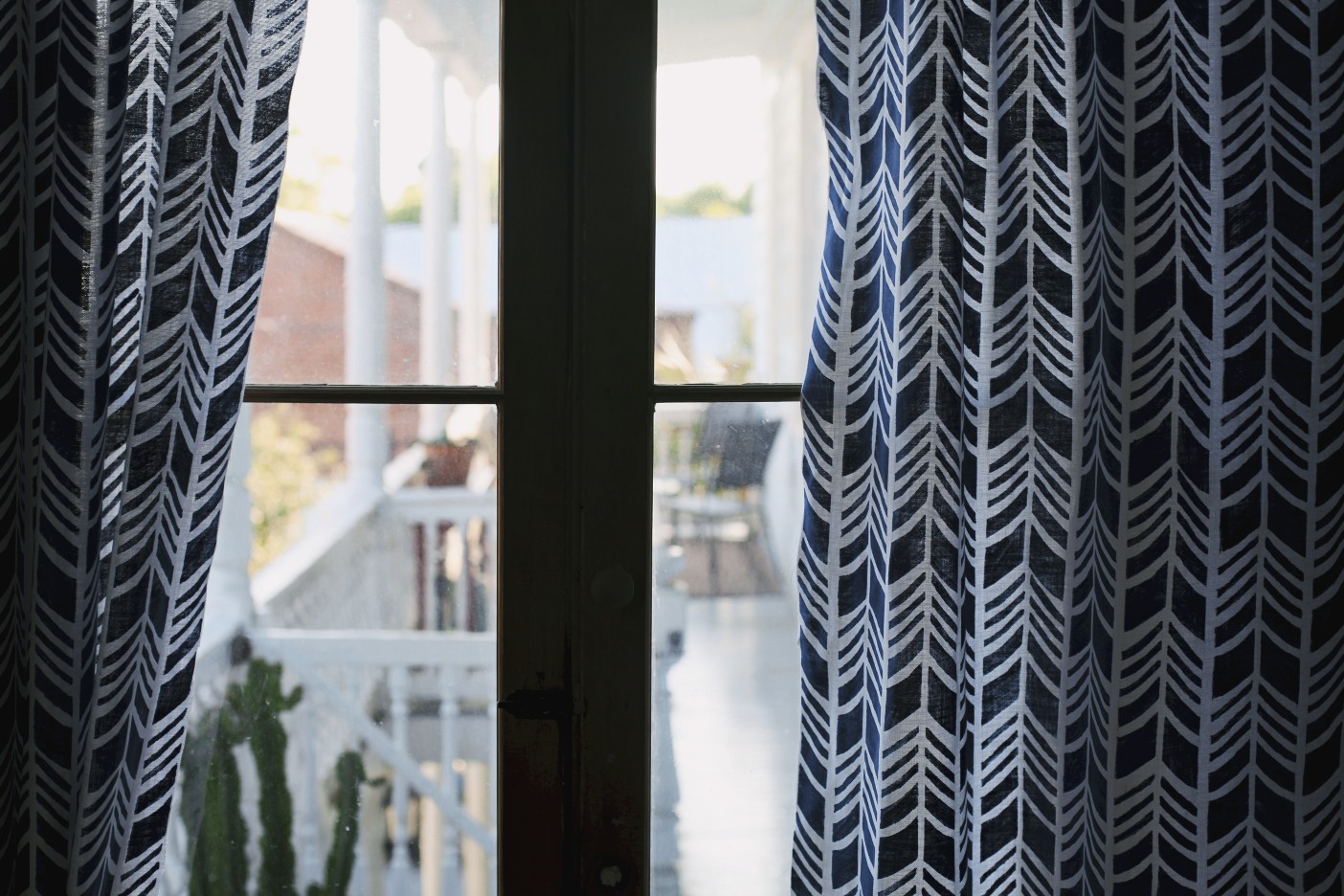
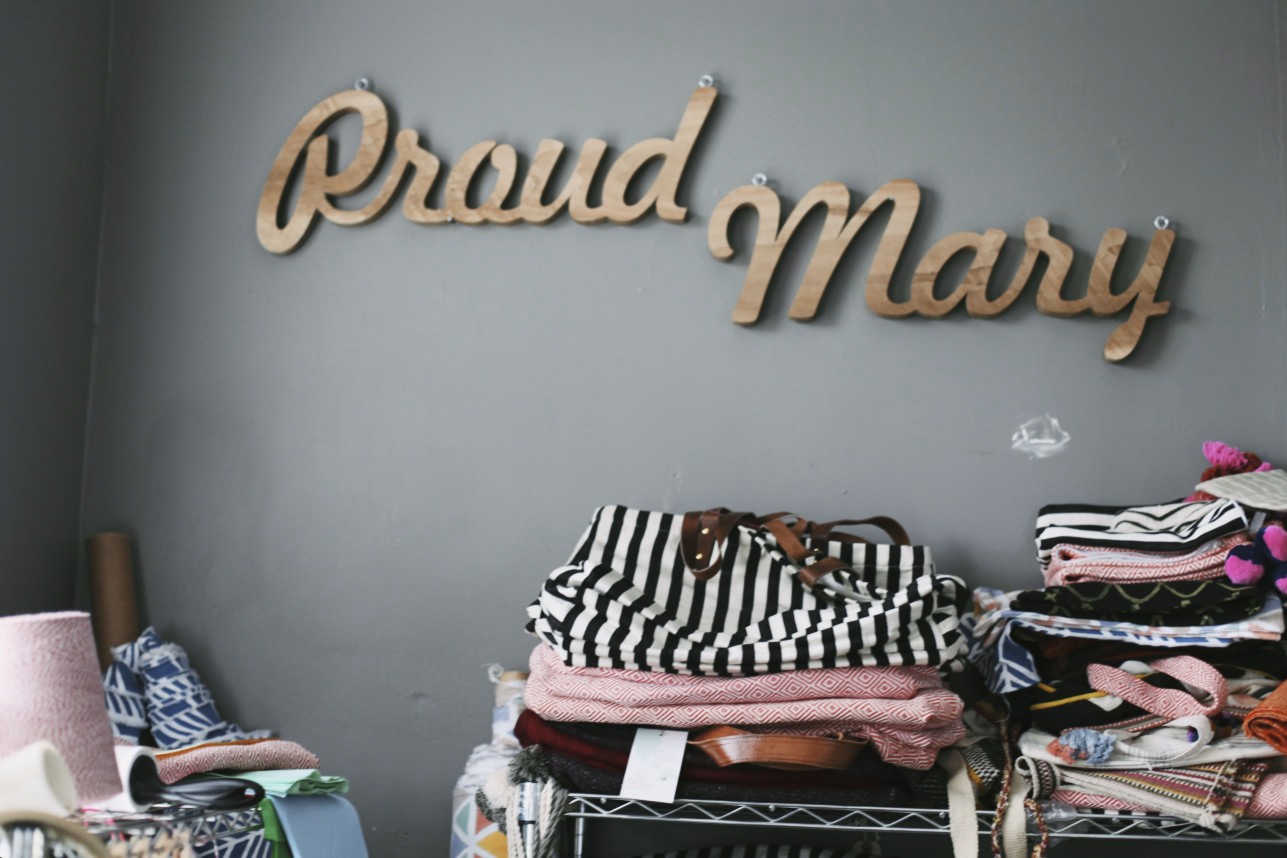
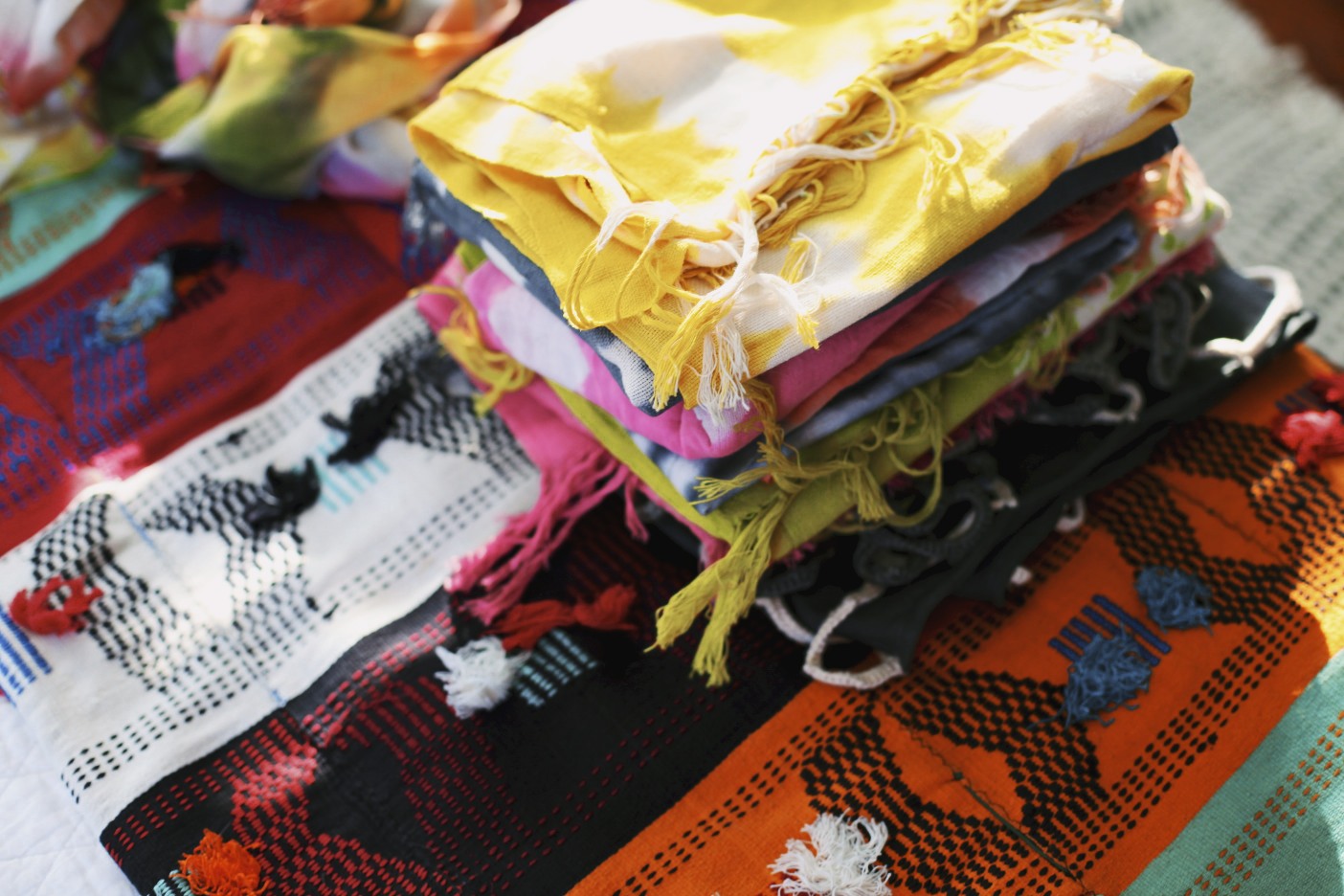
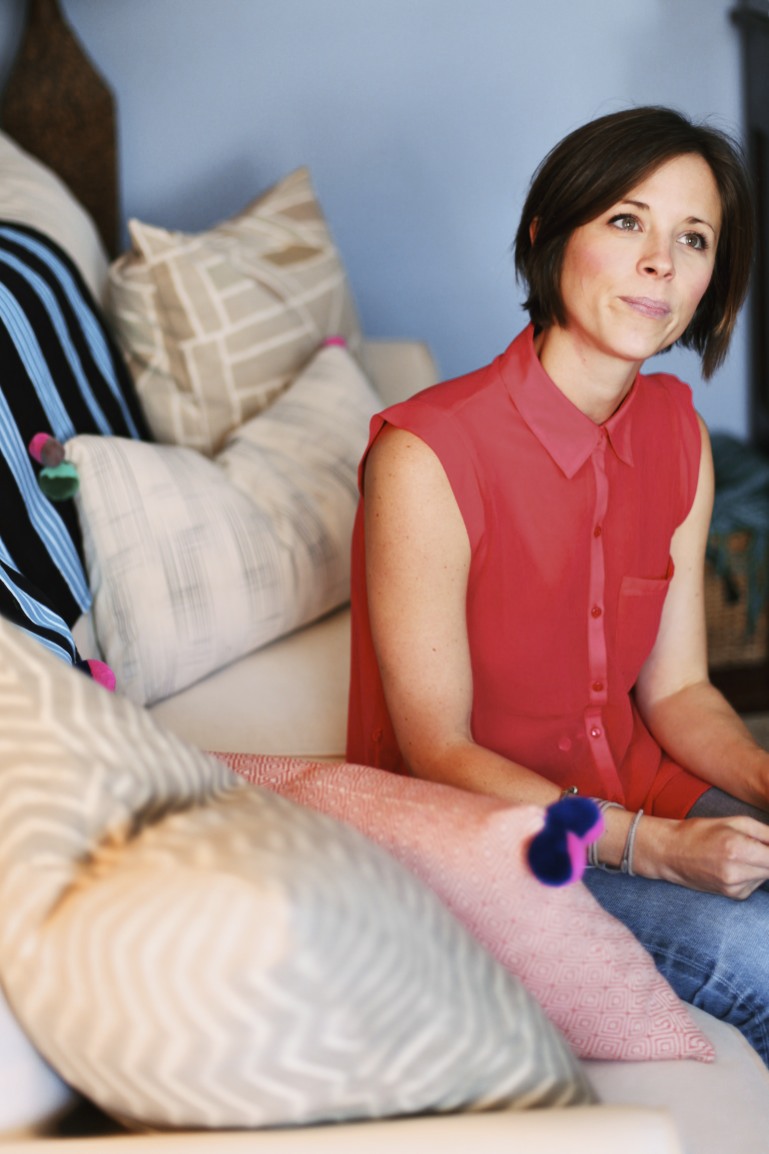
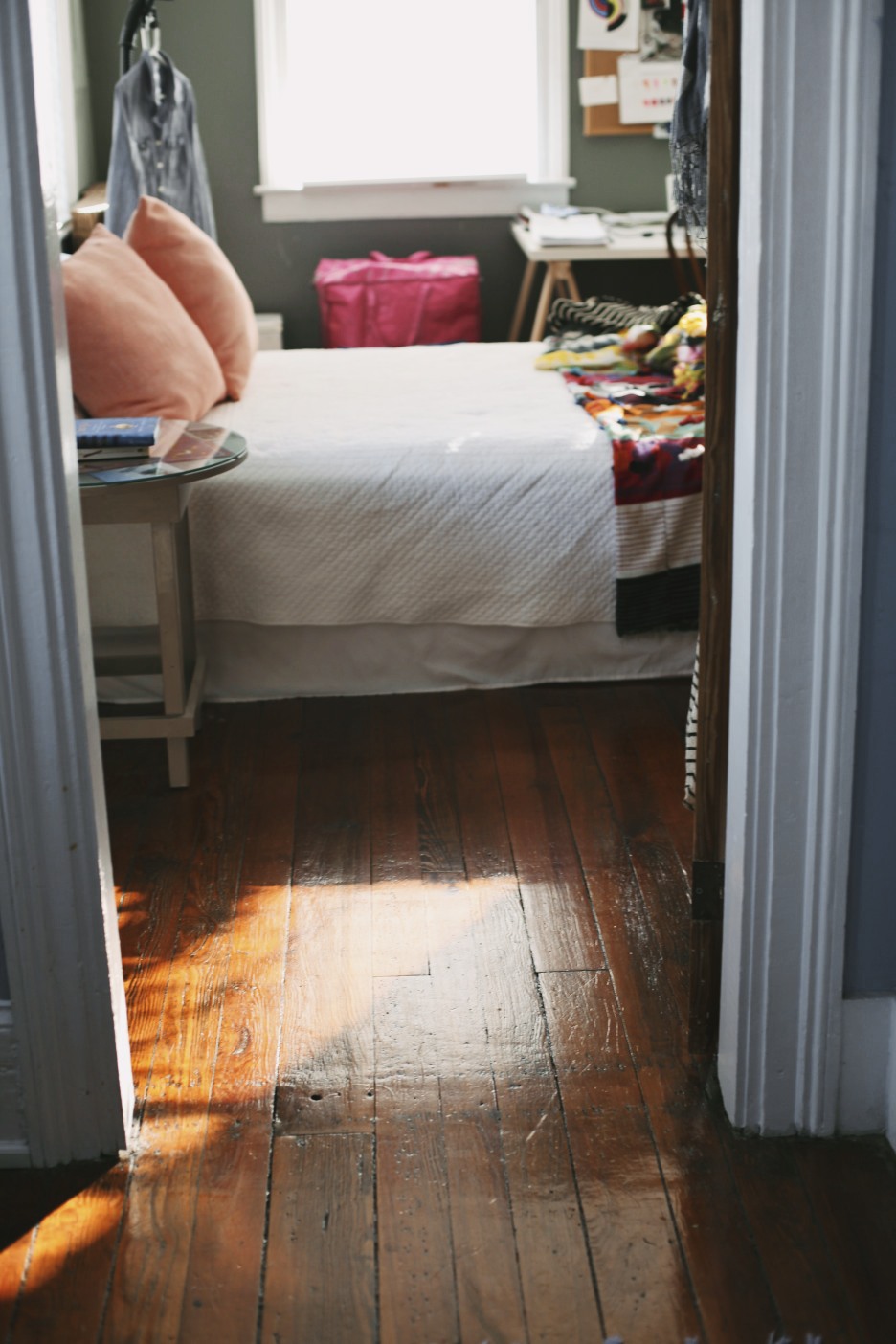
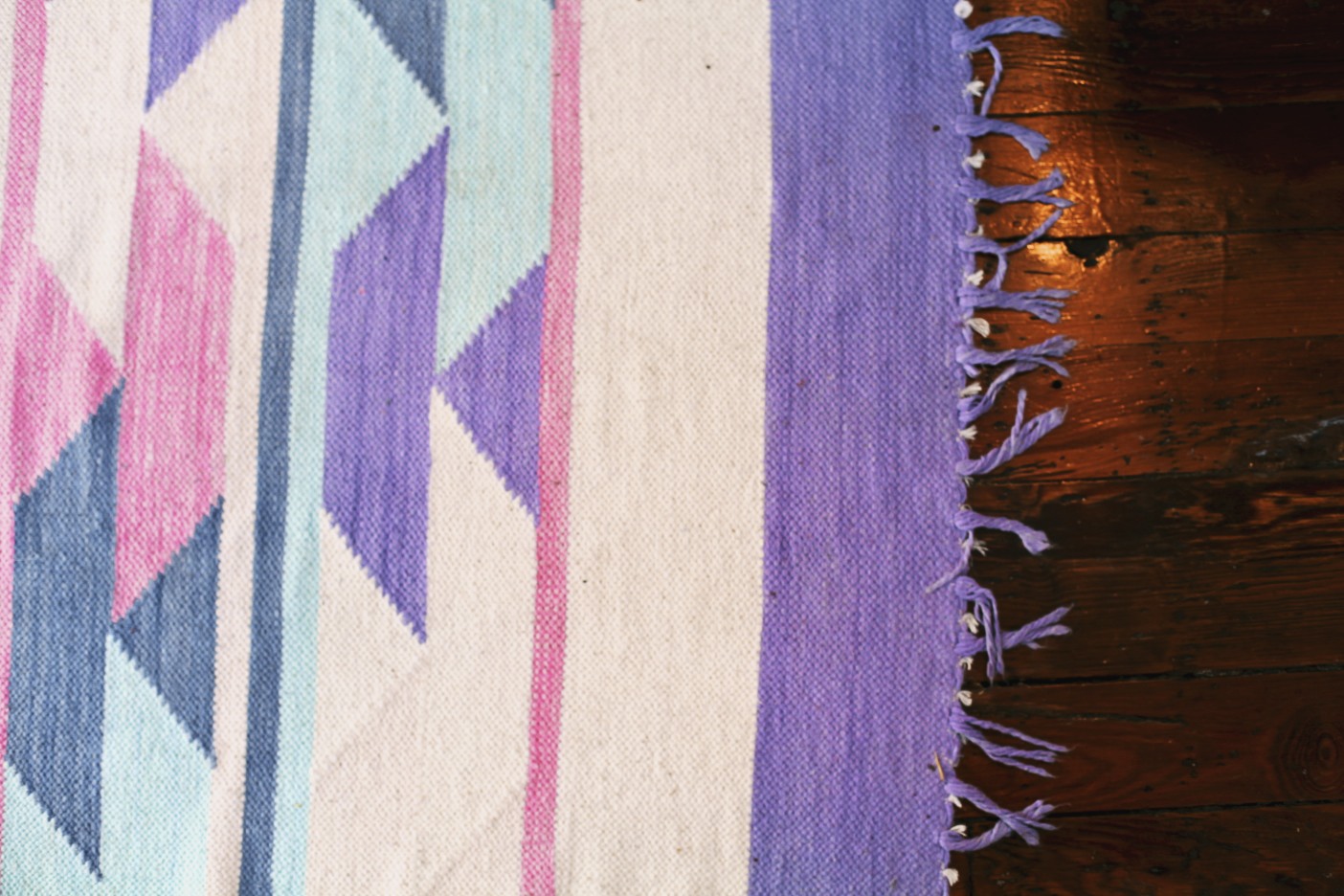
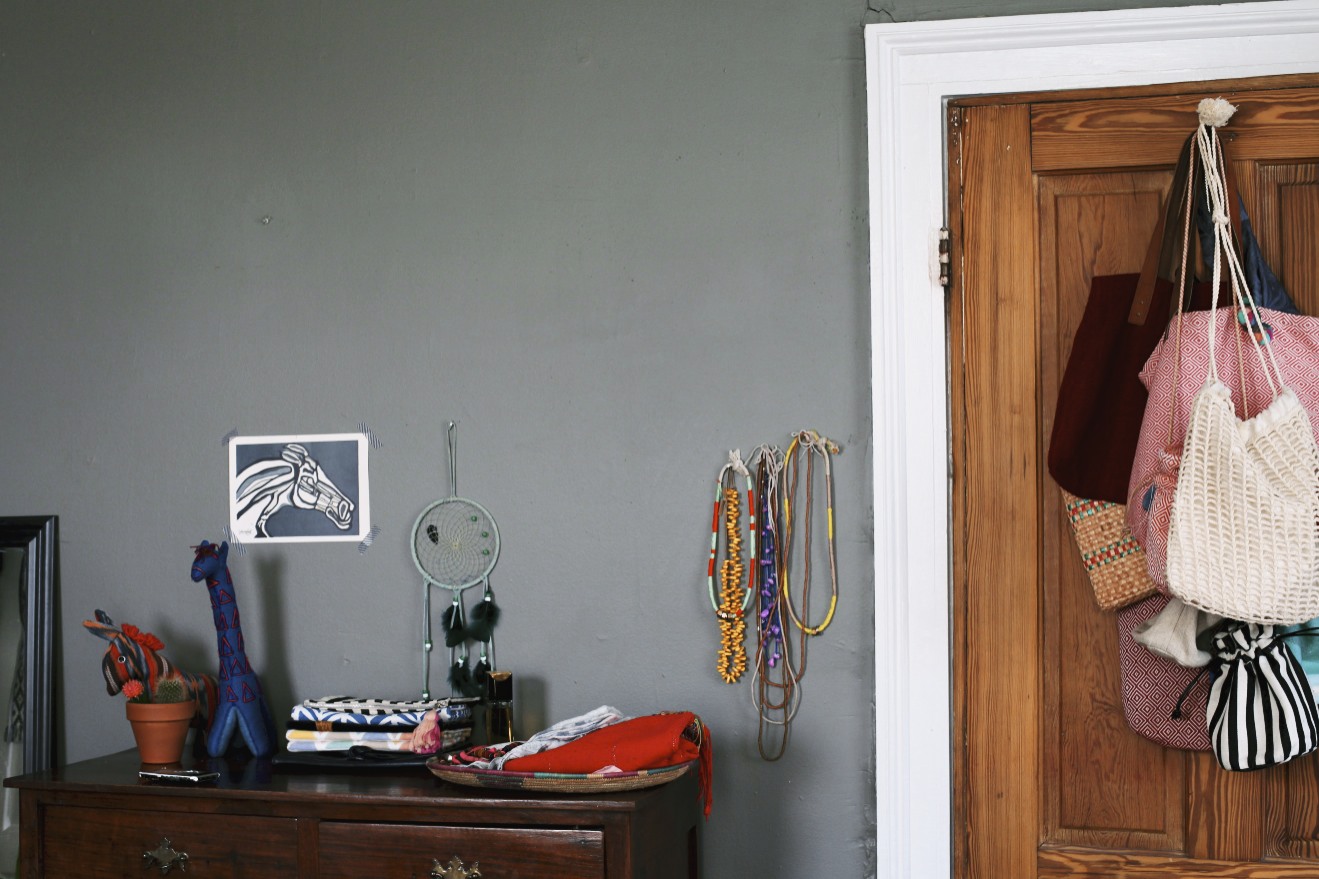
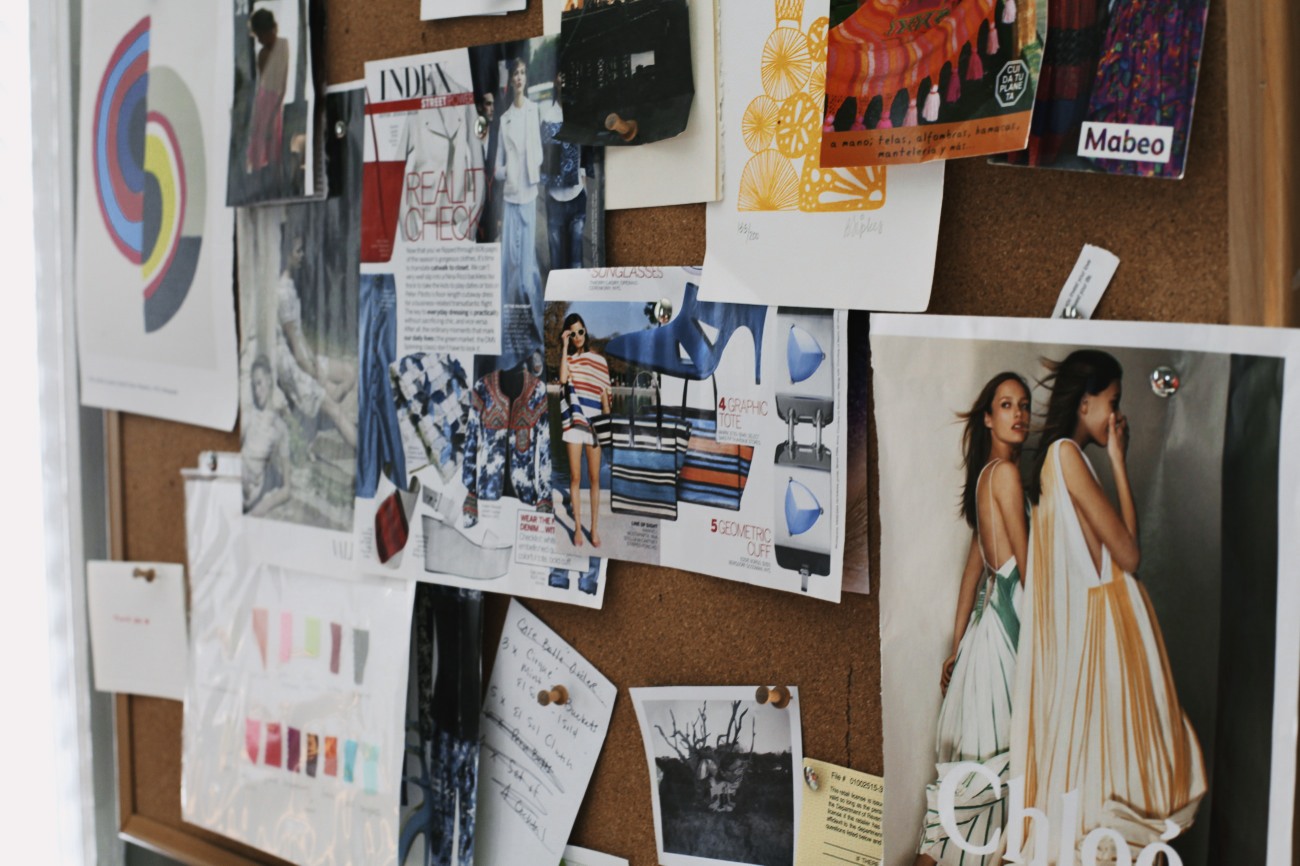
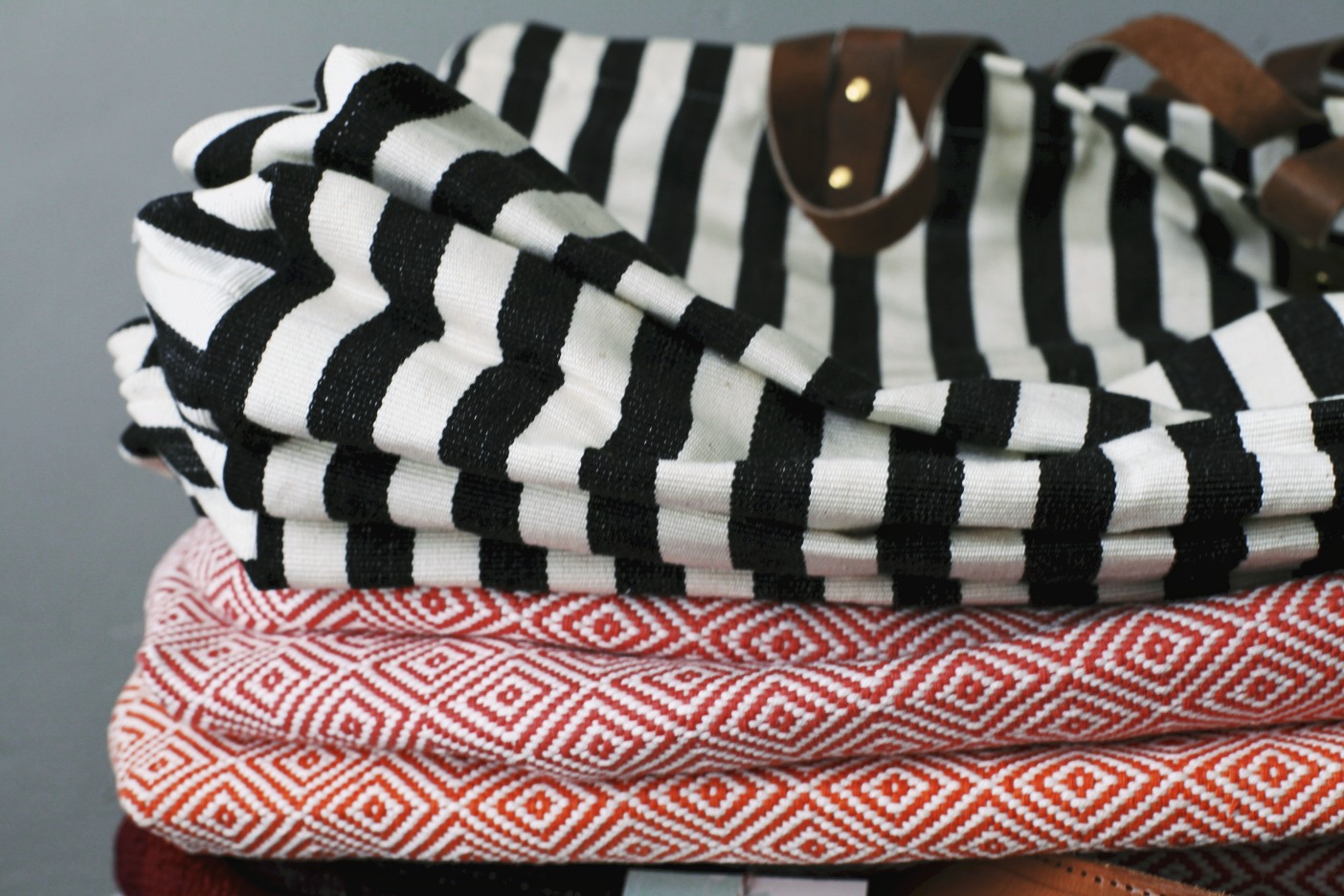
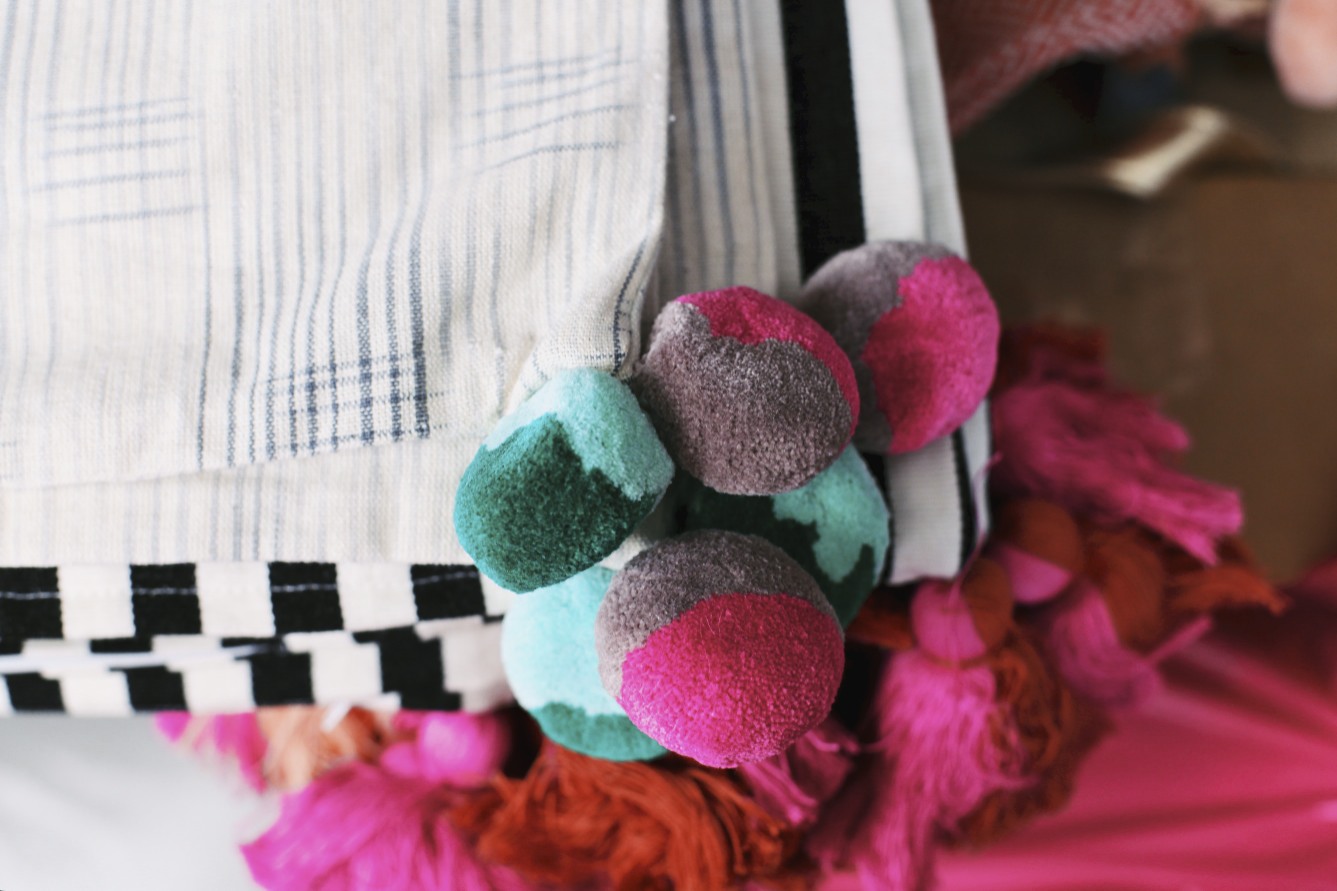
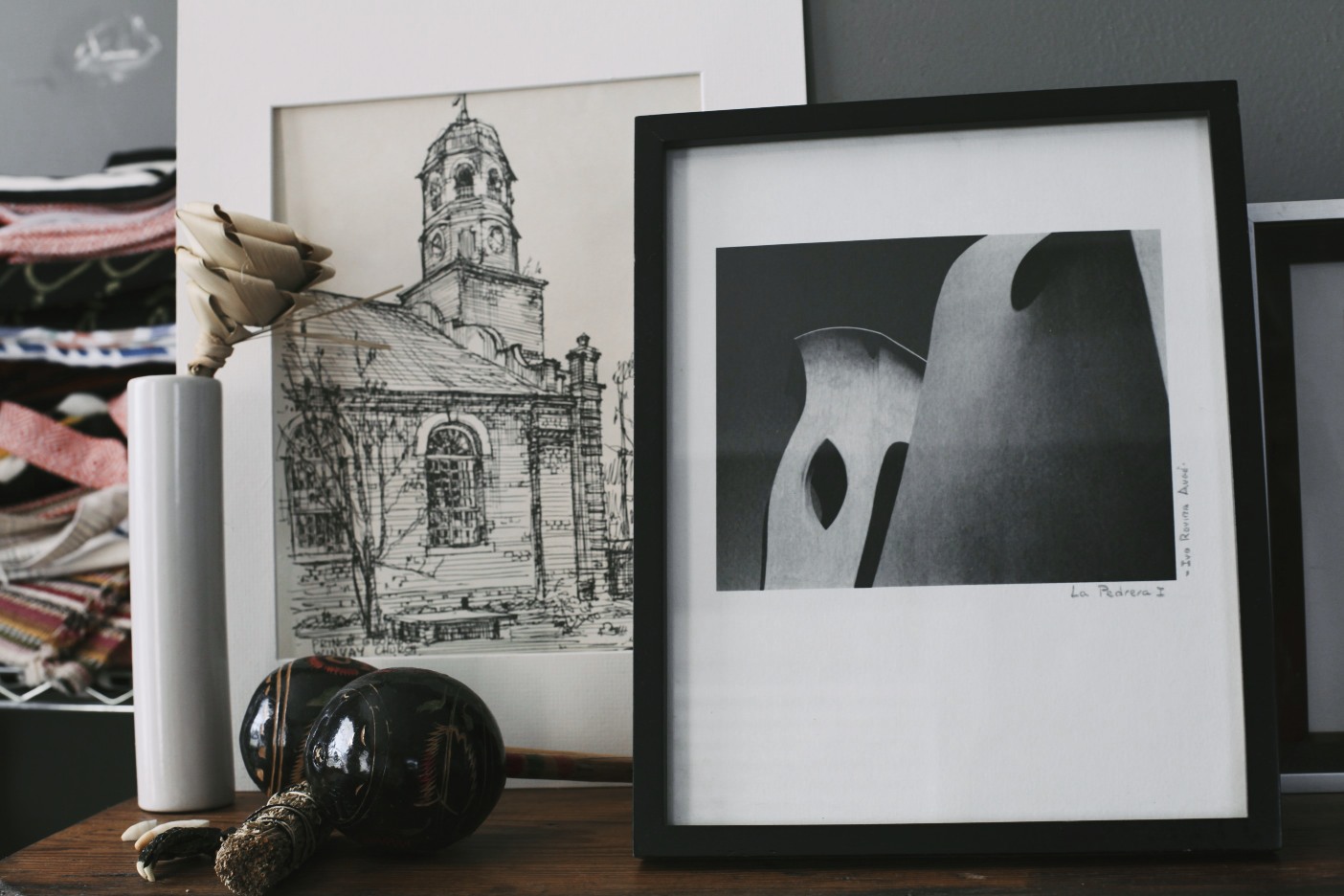
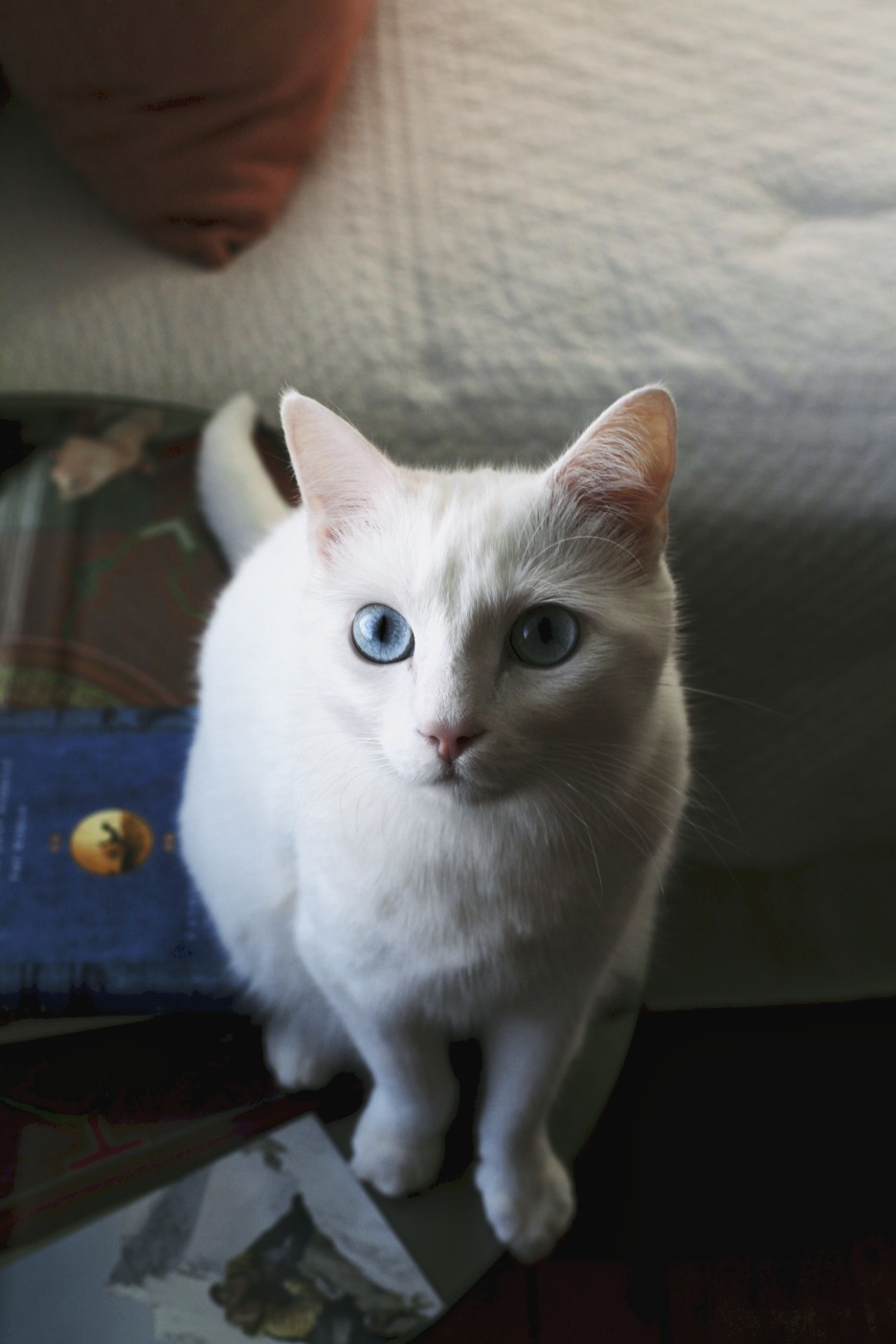

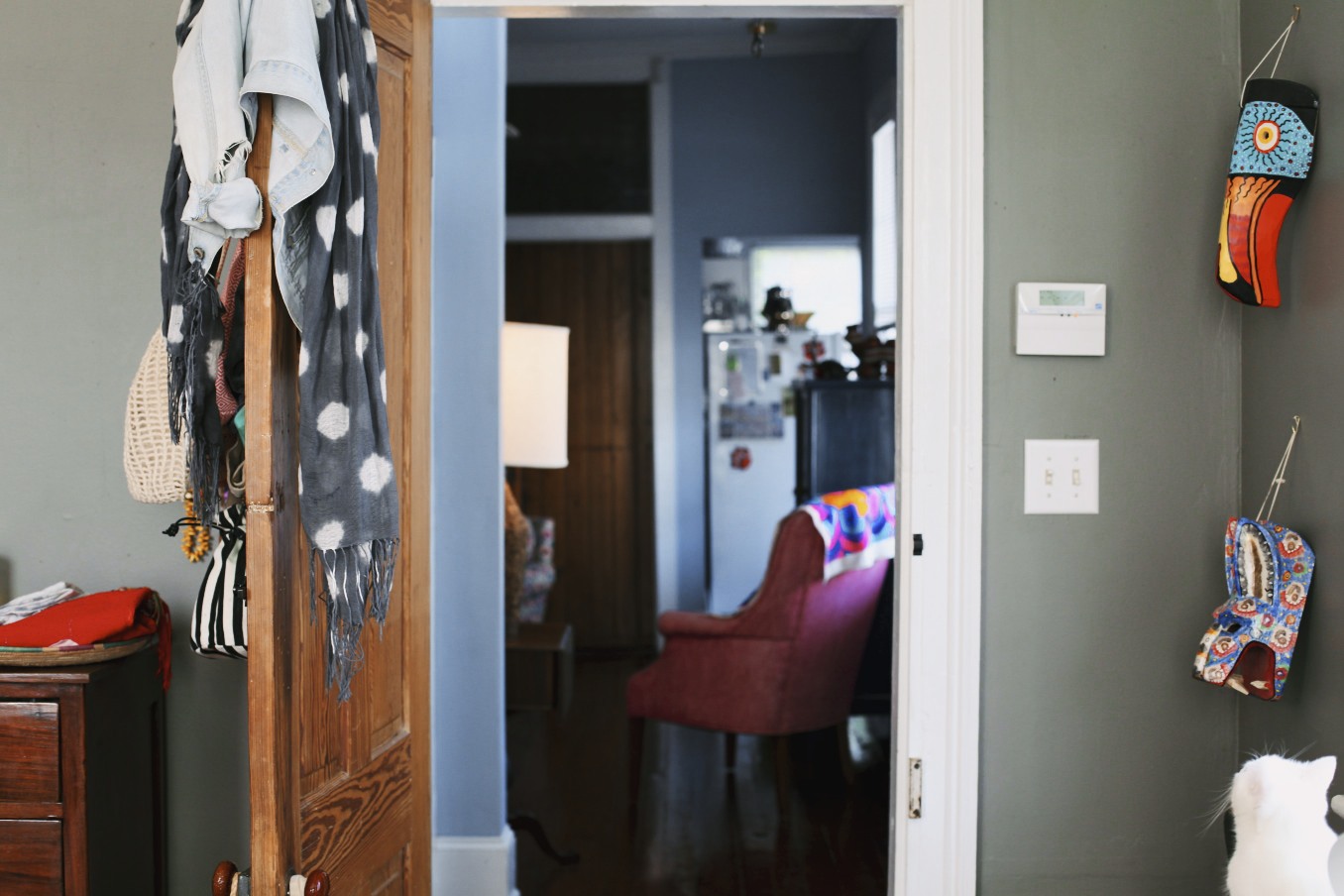
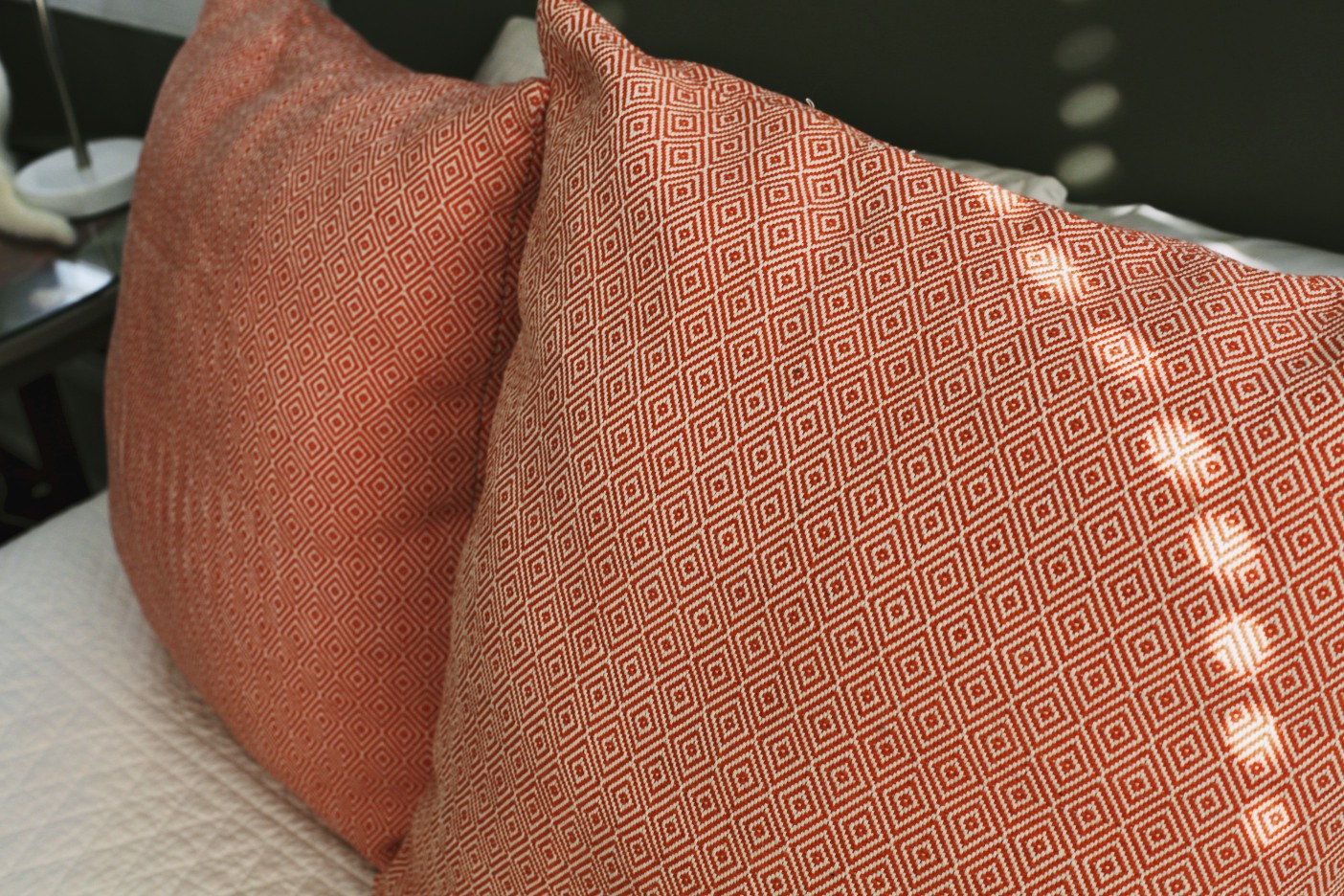
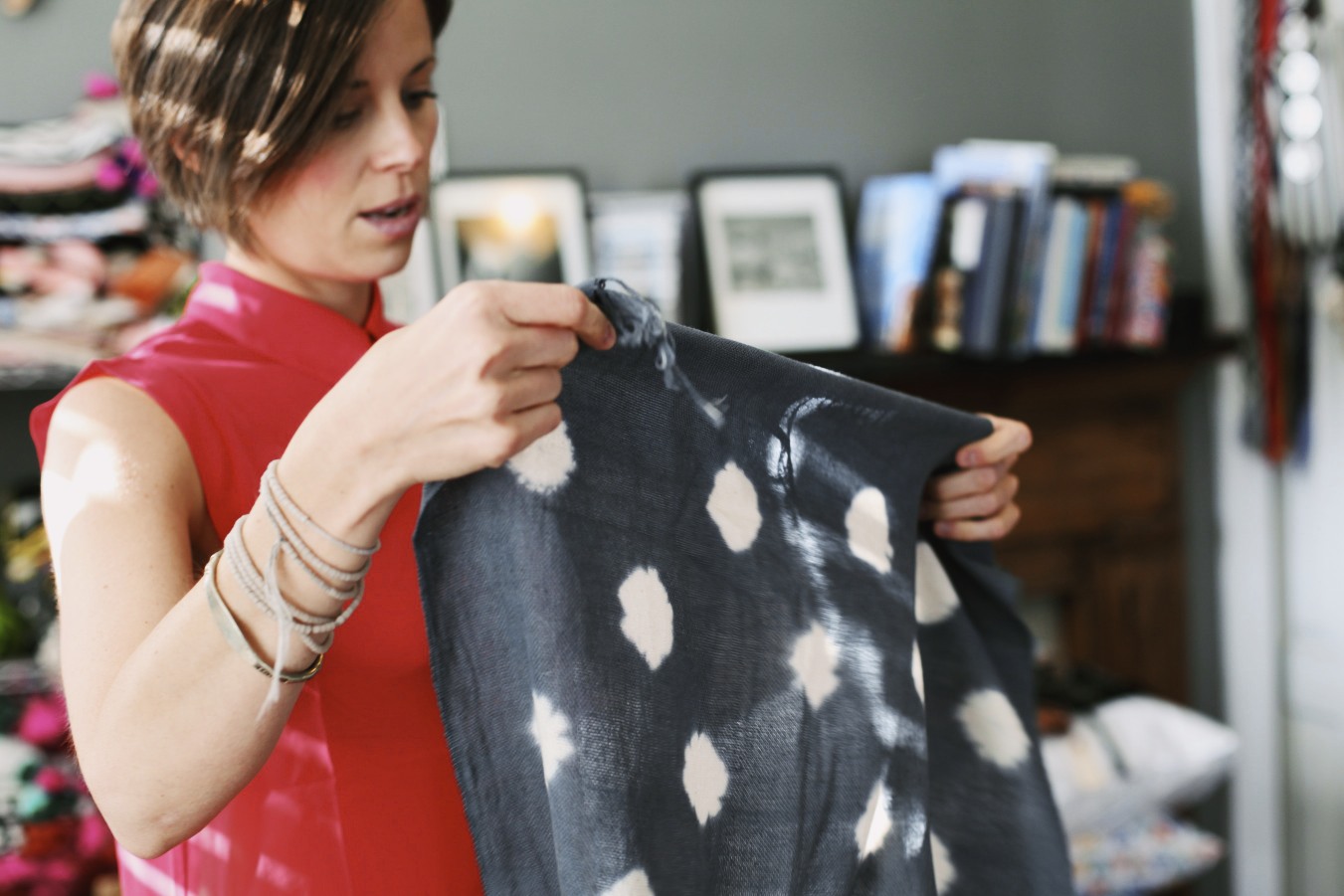
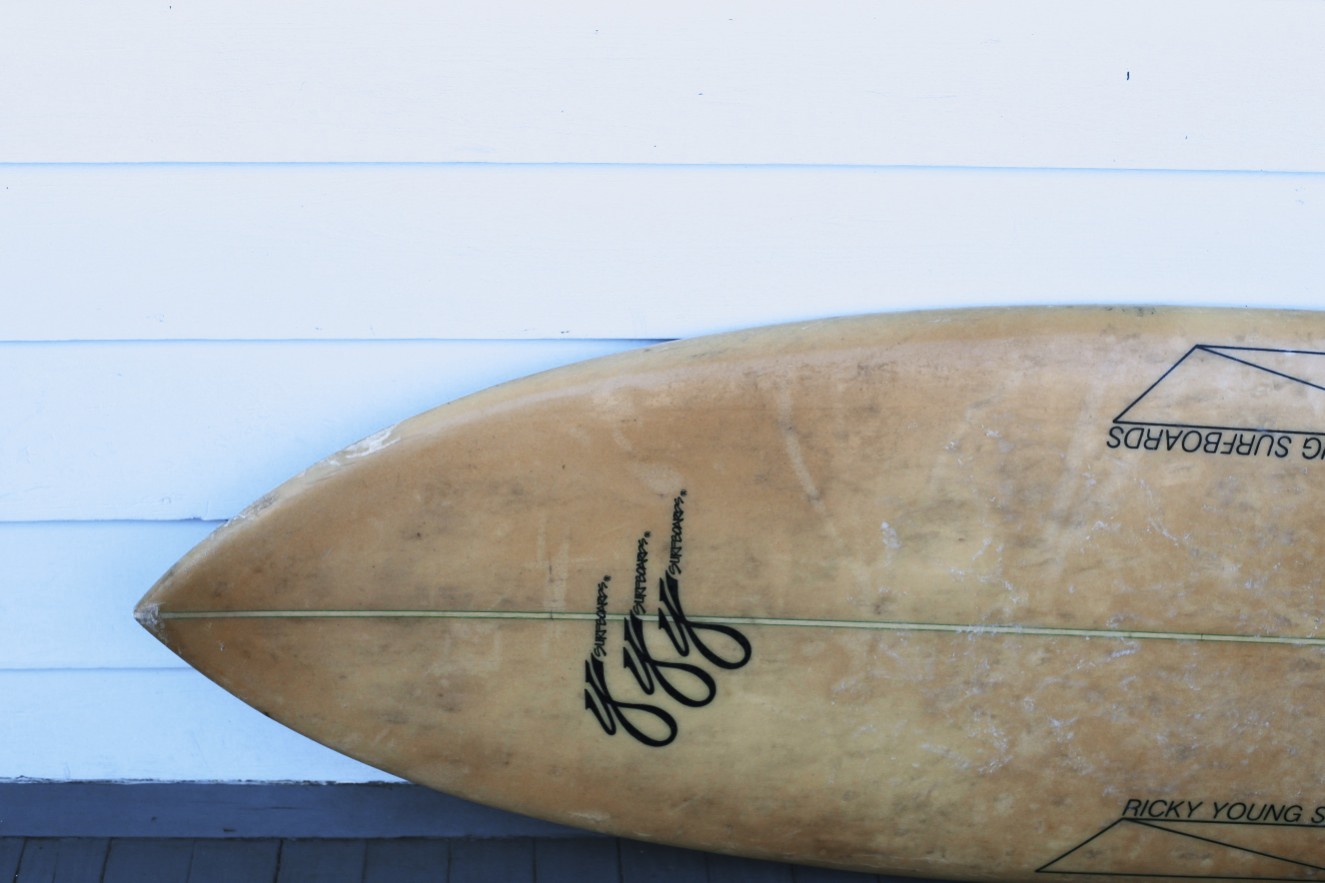
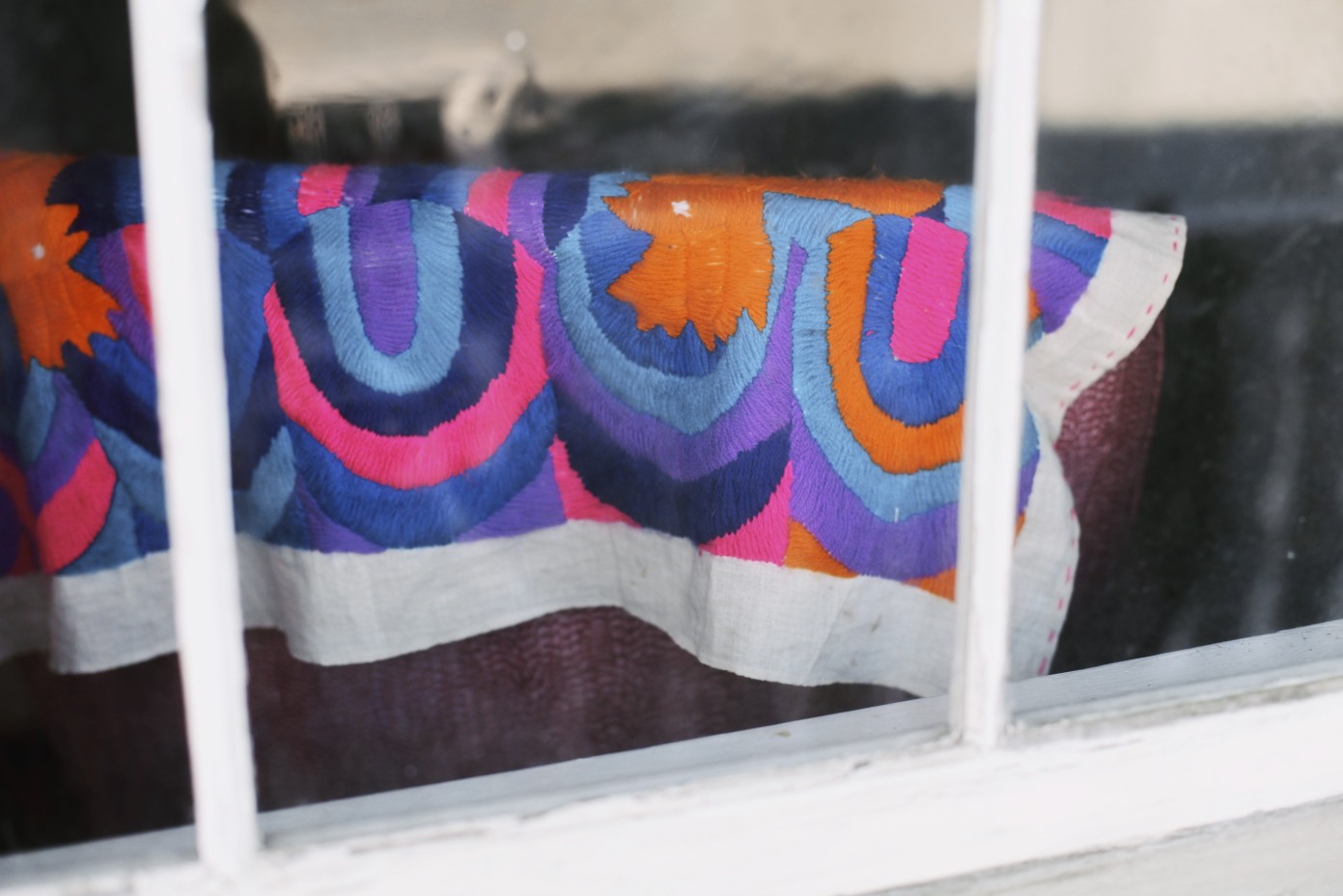
How did you come to Charleston, SC?
I’m originally from Charlotte, NC, which in terms of aesthetic is really, really awful. A lot of suburbs, not a lot of well-planned design. When you think of the American South, Charleston is the exact opposite of Charlotte. On one hand, Charleston is extremely “Southern” in its attitude and perspectives, but it’s not this Civil War tourist attraction that people imagine. You can do anything here, start a restaurant, a design company, be an artist–there is so much potential. I know the moment I leave it’s going to explode into the most amazing city in the country. But I tend to get restless and just need to go.
Where did you live before coming here?
After college, I lived in Costa Rica for nine months renting surfboards on the beach. Then I moved to France and worked as a nanny and snowboarded. When I came back to the States, I ended up moving to Vail, Colorado where I met the guy I married. From there, we moved to L.A. where I worked for an interior designer, and then to NY where I worked for a furniture company. That was when I really started getting into textiles. We finally moved to Charleston because he wanted to slow things down a little and start a small business here; a café. Since deciding to divorce, I have been in a period of transition and am trying to figure out where to go next.
You mentioned that you are in transition, what does that mean?
Being with someone for eight years and all of a sudden moving in with your younger sister—it’s kind of a big thing. In a way, I’m starting over. I get to ask myself how I want this next part of my life to be. I am not the same person I was in that relationship. It’s exciting and scary. Some days I feel really frustrated—What’s happening? What am I doing? But I have to be as nice to myself as possible. It’s about being okay with your mistakes and being okay with not knowing everything you want. It’s very freeing.
How would you describe your work as a textile designer and importer?
I guess my elevator pitch would be that I work with artisans in developing countries to make personal accessories that appeal to a Western market. All of my textiles are fair trade and combine a modern design aesthetic with traditional methods of production. For example, in Mali, they have been tie dying for hundreds of years. I take what they are already doing and have them use colors and designs that reflect what’s popular in the West, collaborating their design with my design.
Where did you get the name Proud Mary?
I started out working with my friend Molly. Her first name is Mary and so is mine. I thought it was such a dumb name at first, but also kind of perfect.
What countries have you worked in?
As of now, I’ve worked in Mali, Guatemala, Peru, and South Africa.
Would you call yourself a humanitarian?
I am still learning what ‘humanitarian’ means. The nature of my work is humanitarian, but I don’t see myself as a hero. These local artisans, most of whom are women, receive a fair wage for their quality products. Through our interaction, they learn about international trade and how to expand their craft to a profitable market. But for me, it’s just a wonderful, though sometimes frustrating, business relationship. Yes, I want to help people, but I want to help them help themselves.
What challenges have you had doing business with the third-world?
Right now I am waiting on textiles from Mali for my new collection that I ordered after a trip in December. Since their country has recently been involved in a coup, black outs have been frequent, so even when they have access to email, they don’t always have power. Also, it can be difficult to convince impoverished people to plan for the future because they are so concerned with meeting needs in the present. Like one time I was working with an artisan to create little pouches. She knew we would need more zippers for the next order, but she turned down her only opportunity to get them and the order was delayed.
What is the most rewarding thing about working in remote countries?
I kind of feel like I’m in the Wild Wild West, it’s exciting. The more I do it, the easier it gets. I’m very independent-minded and like working alone. I like the challenge of overcoming language barriers and connecting with people on a personal level. Working with women is also very rewarding because you see how the money they earn elevates the entire family.
What is your daily routine?
I get up and drink a cup of tea. Spend some time going through emails and orders, updating accounts with my stockists. Then I’ll go to yoga. I like to really sweat my ass off and I’ve never been much of a runner. Sometimes I’ll go to a café, but usually I spend the afternoons like a hermit here. I also work part-time for a weaver in town, helping her with her website and collection.
It seems like you could do your work anywhere, why do you stay in Charleston?
I love Charleston. I love the architecture, the warm weather, the ocean, the smell of jasmine in the spring—it smells like heaven outside right now. But also, I like that it’s a little gritty. It’s not all a perfectly manicured postcard like you might expect. It’s neither too dirty nor too clean, too masculine nor too feminine. It’s so many things at once. There’s a little one-room barbershop down the street where the old black men go to get their hair cut. I like places like that. Sometimes, though, I think I would like to move back to LA. I’m not crazy about small talk, which is important in the South. I’m starting to feel anxious and think I need to move.
What are you looking forward to?
I’m waiting on some new images for my site that should be up this week. I can’t wait to see those. I am planning a trip to Guatemala in May and there are some trade shows coming up in August. I’m really excited about this new collection. Right now my sales are all online, but I’d love to open a store. I have to commit to a city first and making big decisions has never been my thing.
Thanks Harper for this lovely interview.
Interview and Text: Kristen Gehrman
Photos: Olivia Rae James
